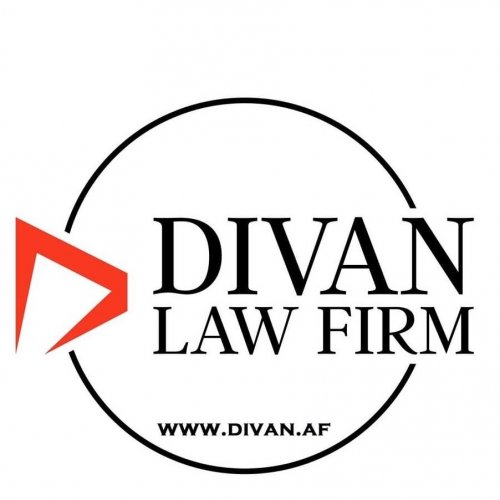Best Mortgage Lawyers in Kabul
Share your needs with us, get contacted by law firms.
Free. Takes 2 min.
Free Guide to Hiring a Real Estate Lawyer
List of the best lawyers in Kabul, Afghanistan
About Mortgage Law in Kabul, Afghanistan
Mortgage law in Kabul, Afghanistan, falls under the broader umbrella of Afghan property law. Historically, it has been a complex field due to constant shifts in political and societal landscapes. It involves agreements where a borrower (mortgagor) gives the lender (mortgagee) a lien on the property as security for the repayment of a loan. The specifics relating to mortgage loans, foreclosure processes, and borrowers' rights are outlined in Afghanistan's Civil Law.
Why You May Need a Lawyer
Legal assistance in the field of mortgages can be essential for a multitude of reasons. Clarification of contract terms, loan agreement disputes, foreclosure processes, or in the situation of a mortgagor's default can necessitate a lawyer's expertise. Especially if you're a non-native individual who is unfamiliar with Afghanistan's local laws and cultural practices, having a lawyer can make the process smoother and safeguard your interests better.
Local Laws Overview
In Afghanistan, laws regarding mortgage are primarily governed by Afghanistan's Civil Law. A key point to note is that, by law, properties in the city cannot be rendered as a mortgage without having a building existing on it or without it being mentioned in the property's title document. Furthermore, foreigners can obtain long-term leases on property, but property ownership is reserved for Afghan nationals only. Laws around foreclosure procedures are also stringent and require thorough understanding to navigate effectively.
Frequently Asked Questions
Can a foreigner acquire a mortgage in Kabul, Afghanistan?
While foreigners cannot directly own property in Kabul, they can acquire property through long-term leases. Foreigners can consult with a local lawyer to understand different financing options available to them.
What happens if a borrower defaults on mortgage payments?
In case of default on mortgage payments, the lender has the right to instigate a foreclosure process in sync with local Afghan laws. It's notably complicated and can involve court proceedings, thus, advice from a lawyer would be critically beneficial.
Is it possible to renegotiate the terms of my mortgage?
Yes, mortgage terms can generally be renegotiated, although it is subject to the lender's approval. A lawyer can help negotiate the terms in the borrower's favor.
What is the foreclosure process in Kabul, Afghanistan?
The foreclosure process in Kabul involves a series of complex steps governed by local laws. The process commonly begins with a default notice and may lead to a court trial depending on the specific circumstances.
How are mortgage disputes settled?
Mortgage disputes are typically settled through legal proceedings. Having a competent lawyer can be crucial to present your case effectively and obtain a favorable outcome.
Additional Resources
A helpful governmental resource in understanding mortgage laws in Kabul could be the Afghanistan Ministry of Justice or any local legal aid offices. Furthermore, various legal firms in Kabul specialize in property law and could prove valuable in providing specific insights into Afghan mortgage law.
Next Steps
If you require legal assistance in mortgage in Kabul, the first step would be to find and consult with a lawyer experienced in Afghan property law. Always ensure to verify the lawyer's background and previous experience in handling mortgage law related suits. It's also beneficial to prepare all relevant details and documents regarding your specific situation to assist the lawyer in understanding and acting on your case effectively.
Lawzana helps you find the best lawyers and law firms in Kabul through a curated and pre-screened list of qualified legal professionals. Our platform offers rankings and detailed profiles of attorneys and law firms, allowing you to compare based on practice areas, including Mortgage, experience, and client feedback.
Each profile includes a description of the firm's areas of practice, client reviews, team members and partners, year of establishment, spoken languages, office locations, contact information, social media presence, and any published articles or resources. Most firms on our platform speak English and are experienced in both local and international legal matters.
Get a quote from top-rated law firms in Kabul, Afghanistan — quickly, securely, and without unnecessary hassle.
Disclaimer:
The information provided on this page is for general informational purposes only and does not constitute legal advice. While we strive to ensure the accuracy and relevance of the content, legal information may change over time, and interpretations of the law can vary. You should always consult with a qualified legal professional for advice specific to your situation.
We disclaim all liability for actions taken or not taken based on the content of this page. If you believe any information is incorrect or outdated, please contact us, and we will review and update it where appropriate.








